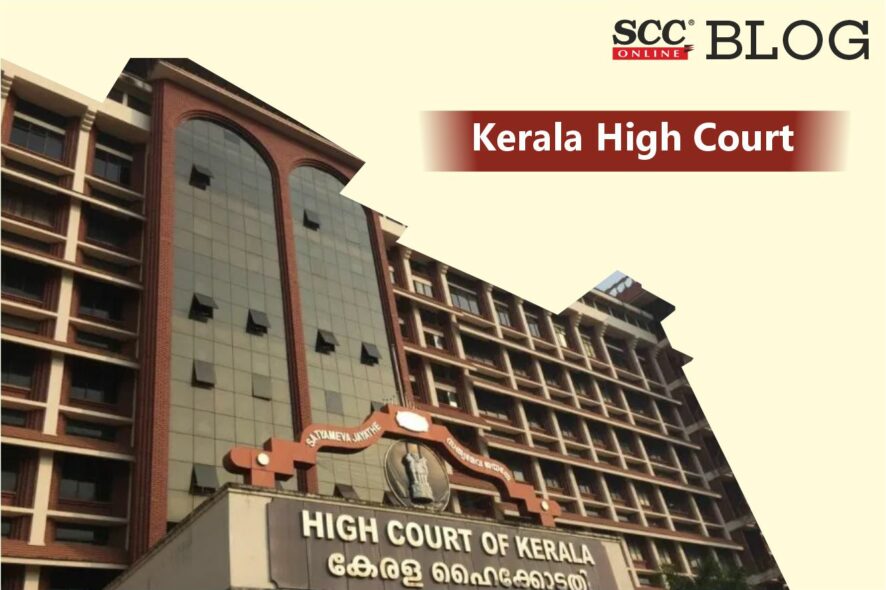Kerala High Court: In a case relating to talaq as per Muslim personal law and bigamy, A. Muhamed Mustaque, J. held that the Family Courts have no jurisdiction to restrain a person from pronouncing talaq or conducting a second marriage as per personal law. The Court remarked,
“The Court has no role in restraining the parties invoking their personal law remedies. The Court should not forget the mandate of Article 25 of the Constitution, which not only allows one to profess religion but also to practice.”
The petitioner-husband, a Muslim by faith, had married the respondent in accordance with the Muslim religious rites and ceremonies. Later on, when the marital relationship became strained, he initiated steps to pronounce Talaq and pronounced first and second Talaq. However, before he could pronounce irrevocable Talaq, he had been restrained by an order of temporary injunction by the Family Court.
The said order had been passed at the instance of the wife. The wife had also filed an application restraining her husband to conduct a second marriage which was also allowed by the Family Court. Aggrieved thereby, the petitioner-husband had assailed the impugned order of the Family Court.
Observing that restraining someone from acting in accordance with personal belief and practice would amount to encroaching his constitutionally protected rights, the Court stated that no doubt, any aggrieved can challenge an action emanating out of the exercise of faith and practice, but that stage would arise only after the performance of the act. Holding that the jurisdiction of the Court is limited in these kinds of processes, the Court expressed,
“Family Court cannot restrain a person performing his act in accordance with personal law.”
The Court noted that the act complained—invoking irrevocable invocation of Talaq—was yet to come into existence; and it was only after the completion of the process and the procedure act qua the Talaq, that it could be said whether the said act was in accordance with the procedure as prescribed under the personal law or not. Displeased by the manner the Family Court had dealt with the matter, the Court said that it is unfortunate that before the act could be done, the petitioner had been restrained from acting in accordance with his personal belief and practice.
On the order restraining the petitioner from conducting second marriage, the Court expressed,
“Right to marry more than one person at a time is prescribed under the personal law. If the law ensures such protection, it is not for the Court to decide that one person should not act in accordance with the personal conscious and belief in accordance with his religious practices.”
Reminding the Family Court of the limited jurisdiction, the Court stated that the courts have no role to restrain or regulate one’s behavior or decision in accordance with the personal law guaranteed.
In the light of the above, the Court held that the impugned orders were without any justification and jurisdiction. Accordingly, the Court set aside both the orders. At the same time, the Court clarified that if Talaq is not exercised in accordance with the law, the respondent-wife can approach the competent Court to redress her grievances.
[Anvarudeen v. Sabina, OP (FC) No. 394 of 2022, decided on 17-08-2022]
Advocates who appeared in this case :
Majida S and Ajikahn M, Advocates, for the Petitioner;
Suresh Kumar M.T., R. Ranjith, Smitha Philipose, Manjusha K, and Sreelakshmi Sabu, Advocates, for the Respondent.
*Kamini Sharma, Editorial Assistant has put this report together.




Good reporting.
Is there an article on Talaq and Indian Constitution?